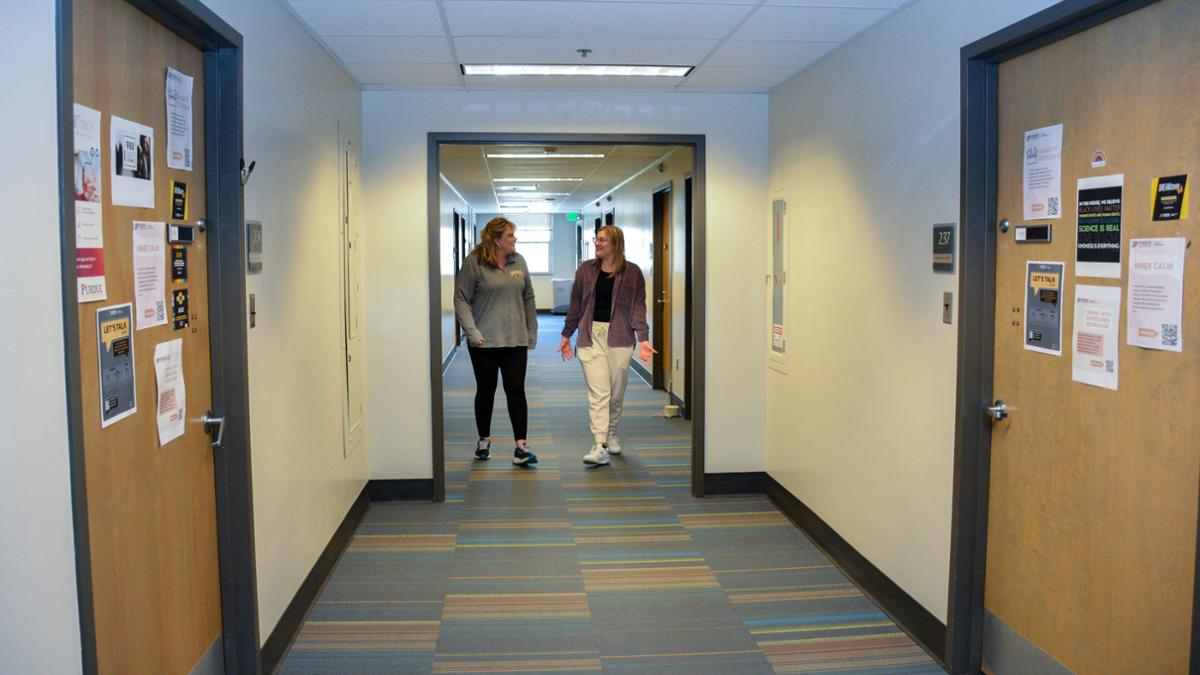


All enrolled, degree-seeking Purdue University Students (online, Indianapolis, and West Lafayette) are eligible for psychological services.
Sometimes other persons important in your life, such a partner, spouse or friend may be involved in the therapy process as well and do not have to be a Purdue student. However, spouses and partners who are not Purdue students can only participate in therapy as part of a therapy dyad with an enrolled Purdue student.
CAPS is now offering online treatment services to all Purdue Online students through UWill, a third-party telehealth option for students seeking services.
Uwill offers online students at Purdue free and flexible access to a therapist of their choice through proprietary technology that facilitates direct appointments with licensed mental health counselors – regardless of location. Uwill has a network of independently licensed mental health counselors in all 50 states and around the world. Matches are based on student needs and preferences (including language).
Purdue Online students can connect with CAPS through a brief screening and then receive support through UWill, which can include an appointment with a licensed therapist. This resource will also be available to Purdue Indianapolis and West Lafayette students when appropriate and referred by CAPS.
Last modified: July 1, 2024